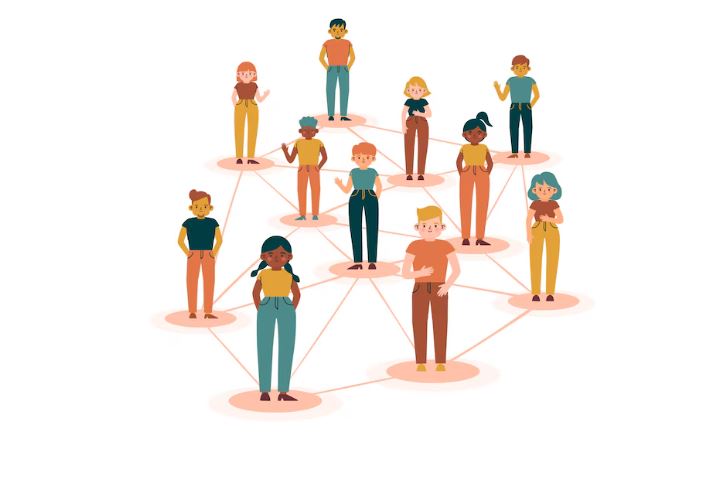The CO-HOST project, an ambitious initiative aimed at enhancing skills and competences among VET (Vocational Education and Training) learners, has made significant strides in connecting educational institutions and fostering cooperation across borders. Central to this initiative is the establishment of national networks in non-EU countries, including the Western Balkans (WB), to promote interaction and collaboration between VET providers, schools, and companies. UNI-Universum International College has played a pivotal role in this endeavor, especially in Kosovo, where it has successfully formed a robust national network to support the learning path of CO-HOST.
Creation of the National Network
The project proposal for CO-HOST outlined the need for national networks to facilitate cooperation between VET stakeholders in EU and WB countries. This cooperation aims to enhance the vocational education system, focusing on fields such as Tourism, Marketing, and Hospitality. UNI-Universum International College has been at the forefront of this effort in Kosovo. The college leveraged its extensive contacts with high school principals, sending invitations through emails and direct visits to establish interest and willingness to collaborate.
After identifying interested parties, UNI-Universum International College organized dedicated meetings to explain the project’s aims, benefits for staff and students, and the potential for future collaboration. These meetings laid the groundwork for drafting and signing Memorandums of Understanding (MoUs) with seven VET schools in Kosovo:
- Rifat Gjota / Shaban Spahija, Peje
- Ali Hadri, Peje
- Abdyl Rama, Suhareke
- Skender Luarasi, Suhareke
- Chamber of Hospitality and Tourism of Kosovo (CHHTK), Prishtine
- Universum High School, Ferizaj
- Finish School of Kosovo, Lipjan
Supporting Teachers in the Learning Path of CO-HOST
Following the establishment of the national network, Universum International College focused on supporting teachers through various initiatives. The college organized focus groups with representatives from all participating schools. These focus groups served multiple purposes: sharing experiences in VET projects and mobilities, discussing school needs, and providing training on the CO-HOST project and its tasks.
A significant component of this training was the introduction to the Massive Open Online Course (MOOC) designed for CO-HOST. The MOOC is a comprehensive resource for teachers, offering information on writing mobility exchange projects and covering other relevant topics. During the focus group meetings, detailed instructions were provided on how to register for the MOOC, who should complete the training, and the benefits it offers.
The MOOC and virtual exchanges with EU experts have become valuable tools for teachers. These resources enable them to gain insights into advanced practices in tourism that respect the environment and local cultures, contributing to the sustainable development of their territories. The knowledge and skills acquired through these experiences are shared with other staff members, preparing them for future needs and the upcoming student mobility programs scheduled for next year in Bulgaria and Italy.
Achievements and Future Prospects
The efforts of UNI-Universum International College have resulted in a solid foundation for the CO-HOST project’s objectives. The national network in Kosovo is not only promoting interaction and cooperation among VET providers, schools, and companies but also enhancing the technical and pedagogical skills of VET staff. This network is improving the technical, transversal, and soft skills of VET students, thereby boosting their occupational prospects.
By fostering collaboration and sharing best practices between EU and WB VET providers, the CO-HOST project is making a significant impact on the vocational education landscape. The project’s emphasis on sustainable development aligns with the 2030 objectives of the Global Agenda, encouraging forms of tourism that respect the environment and contribute to local development.
In conclusion, the establishment of national networks through the CO-HOST project exemplifies the power of cooperation and shared goals in transforming education systems. UNI-Universum International College’s proactive approach in Kosovo serves as a model for similar initiatives, showcasing how strategic partnerships and dedicated support can lead to meaningful advancements in vocational education and training.
Author: Gabriella Ukaj, UNI-Universum International College


